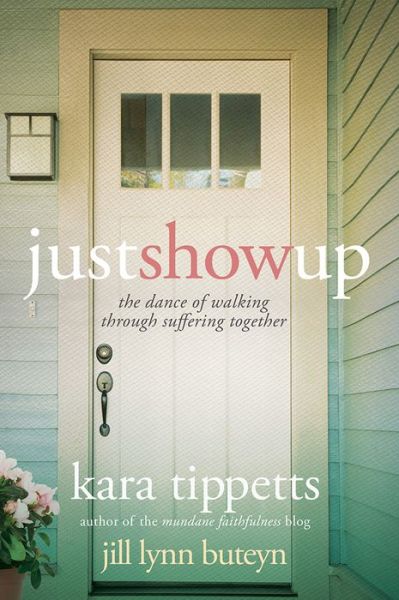Several years ago, one of my uncles died suddenly: it was a shock. Yet my shock was nothing compared to what my aunt and cousins walked. We flew to Oregon to be with them and help and, well, eat. My family gathers for meals that bleed into the next meal. As we ate and laughed, we also began to wrestle with loss. All loss is grief, and all grief is a forced rearranging of life.
Our time was a mix of emotion, sadness and laughter; the solid, predictable places of their lives had been stirred. This family had been rearranged in a way that could never be undone. I watched in sadness and helplessness, like many of you now watch my family as we have been rearranged by loss.
One thing they did, which at the time shocked me, was rearrange my aunt’s house. My cousin, who is artistic and creative, led a few in moving chairs, tables, and pictures. I stood there, probably not helping, and wondered how they could do this. My sense of loss was degrees away and my place was not to guide them in their grief. But it seemed too soon to ME to rearrange other parts of their life.
When we watch suffering from a different row, we all have this desire for people to grieve according to our timetable. This moment is seared in my memory, and I am glad I have it. And I am so glad I kept my mouth shut!
At almost eight months into my grief, I am rearranging more and more. I have moved pictures, decorative things that probably have fancy names. In my minimalistic thoughts, these things are clutter—but Kara loved it so I learned to appreciate it. Yet now I don’t have to love it; that sounds strange, but I don’t have too. This is not lessening my love for her or not reminding the kids about their mom—this is living life in my present reality.
As I have slowly moved pictures and decorative items, I have created a routine, which helps me to slow down and process through removing things. Last week I gave a set of plates away to a friend, but first I thought about their significance. They were plates we bought in Boulder, Colorado, before we moved to North Carolina; they were not that significant, and practically they did not fit in the dishwasher. As I moved through that, I then asked the kids if they wanted them. They didn’t.
I offered them to a friend who liked them and might want them. I watched as they were loaded into a box and departed my house. As the plates left my house, I tried to process through any grief or loss that might have been provoked by this. I knew I could easily reverse it—a quick phone call and the plates would be returned if I felt too much grief or pain in their absence. I don’t know what ready feels like until something is actually happening.
Grief is such a mysterious emotion, and I have learned to make a companion out of this destructive stranger. I have learned to give grief all the latitude it needs.
I don’t think living frozen in time would be helpful for me. Kara did such a great job of pointing me to form a future without her. Again, I can’t grasp how she could do this. I see this as one of God’s graces to me. And since I don’t have the option of retracting, I move forward in grief and laugh and cry as I rearrange my life. And though it’s emotional and hard, it is also joy-filled and good.







